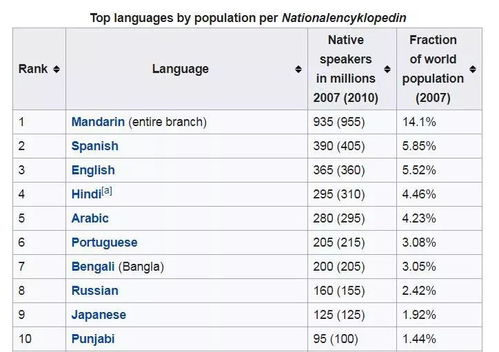
Wri

ter: The Cold Facts You Didn't Know
Writing, the art of putting words to paper has been with us since the dawn of civilization. From cave paintings to modern-day novels, writing is a tool we use to record our ideas, emotions, and stories. While writing is a craft that has been explored in depth in literature, here are some cold facts related to writing that you may not have known.
1. The Longest Novel Ever Written:
The longest novel ever written is 'Artamène ou le Grand Cyrus' by French writer Madeleine de Scudéry. The book is over 13,000 pages in length and tells the story of Cyrus the Great, the founder of the Persian Empire.
2. The Rise of the Pseudonym:
Many famous authors have written under a pseudonym or pen name. This includes Mark Twain (real name Samuel Clemens), George Eliot (real name Mary Anne Evans), and J.K Rowling (real name Joanne Rowling). The reasons for using a pen name range from anonymity to the need to switch genres without alienating their readers.
3. Ink or Toner?
Ink is the traditional medium used for writing, but did you know that laser printers use toner instead? Toner is a fine powder made of plastic and carbon, which is bonded to paper by heat. Ink, on the other hand, is a liquid that is absorbed by the paper.
4. The First Book Printed With Movable Type:
In 1455, Johannes Gutenberg invented the printing press, which allowed for multiple copies of a book to be printed. The first book Gutenberg printed with movable type was the Gutenberg Bible, a 14-point font, and over 1,300 pages.
5. The Origin of the Ampersand:
The ampersand (&) is a symbol that has been used for centuries to represent the word 'and' in writing. Its origins can be traced back to the Roman Empire, where writers would use a ligature, a combination of two or more letters, to save space.
6. The Typewriter:
The typewriter, a mechanical device that allowed for the printing of words onto paper, revolutionized the way we write. The first commercially successful typewriter was created in 1868 by Christopher Sholes, Carlos Glidden, and Samuel W. Soule.
7. The Word 'OK':
The word 'OK' is one of the most commonly used words in the English language. It is believed to have originated from the phrase "oll korrect," a misspelling of "all correct" that was popularized during the 1830s.
8. The Most Translated Book:
The most translated book in the world is the Bible, with over 2,000 translations. The second most translated book is 'The Little Prince' by Antoine de Saint-Exupéry, with over 300 translations.
9. The First Computer Program:
The first computer program was written by Ada Lovelace in the 1840s. Lovelace was the daughter of the poet Lord Byron and a mathematician who worked with Charles Babbage, the inventor of the Analytical Engine.
10 The Oldest Writing System:
The oldest writing system in the world is Sumerian cuneiform, which dates back to 3400 BCE in ancient Mesopotamia. The system consisted of wedge-shaped marks made on clay tablets and was used for record-keeping and communication.
Many of these facts may seem insignificant, but they are a testament to the importance of writing in our lives. Writing has allowed us to record our history, share our imaginations, and communicate with each other. So the next time you pick up a pen or sit down at your keyboard, remember the rich history behind what you are about to create.